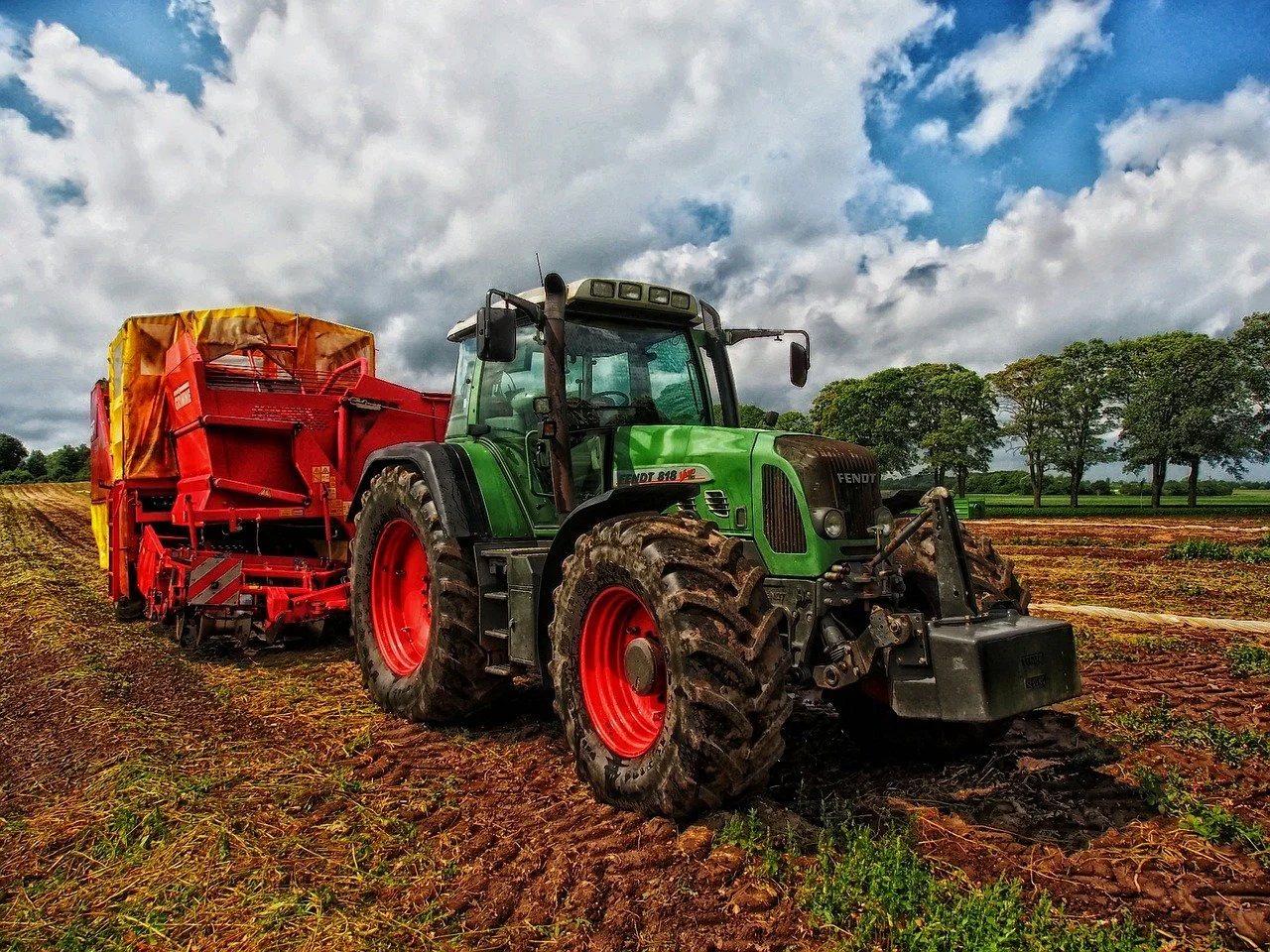A world atlas of what people eat
Te Whanganui-a-Tara - In a world of growing instability, food insecurity remains an urgent concern.
Data-driven innovation will allow food stakeholders to meet economic, environmental and health targets.
The Periodic Table of Food initiative aims to create a comprehensive database of food types and components across the world. It is a global effort to create a reference database of the composition and the function of food people eat and to catalyse scientific breakthroughs to revolutionize human health, agriculture, nutrition and food sectors.
Thus far in the 21st century, we've come to take for granted feats such as delivering items to remote locations via drone, and the even more extreme delivery of tourists into space. What once seemed possible only in comic books seems to become closer to reality every day.
Yet at the same time, problems that have plagued humankind throughout history are getting worse. The list starts with the most basic need of all: Food.
Malnutrition itself is a leading cause of death; poor diet is a major contributing factor in many more diseases. All of this generates global burdens of every kind: economic, political and, in the most basic sense, humanitarian.
Transforming to healthy diets by 2050 will require substantial dietary shifts. Global consumption of fruits, vegetables, nuts and legumes will have to double, and consuming foods such as red meat and sugar will have to be reduced by more than 50 percent.
A diet rich in plant-based foods and with fewer animal source foods will improve health and environmental benefits.
A recent report suggests that diets high in plant foods and low in animal foods could improve many sustainability targets, including lowering the risk of cardiovascular disease, healthcare costs and global greenhouse gas emissions. Alas, doing so requires navigating barriers such as knowledge, accessibility and cultural norms.
Because the world is such a vast, diverse landscape, there's no easy way to do this. No single, silver-bullet solution will transform the global food system to achieve healthy and sustainable diets.
Still, people know that a coordinated approach across nations and sectors is vital to solve food system challenges. Health equity should – and must – be at the centre of those innovations. Data-driven innovations would allow all stakeholders across the food system to adopt practices that simultaneously improve economic, environmental and health targets.
Shifting from food insecurity to food security will require collaborative efforts among international, national, regional and local supply chains.
This is the essence of the notion of going from farm-to-table. This is the lynchpin in ensuring accessibility to healthy and sustainable diets.















Lisa was born in Auckland at the start of the 1970s, living in a small campsite community on the North Shore called Browns Bay. She spent a significant part of her life with her grandparents, often hanging out at the beaches. Lisa has many happy memories from those days at Browns Bay beach, where fish were plentiful on the point and the ocean was rich in seaweed. She played in the water for hours, going home totally “sun-kissed.” “An adorable time to grow up,” Lisa tells me.
Lisa enjoyed many sports; she was a keen tennis player and netballer, playing in the top teams for her age right up until the family moved to Wellington. Lisa was fifteen years old, which unfortunately marked the end of her sporting career. Local teams were well established in Wellington, and her attention was drawn elsewhere.